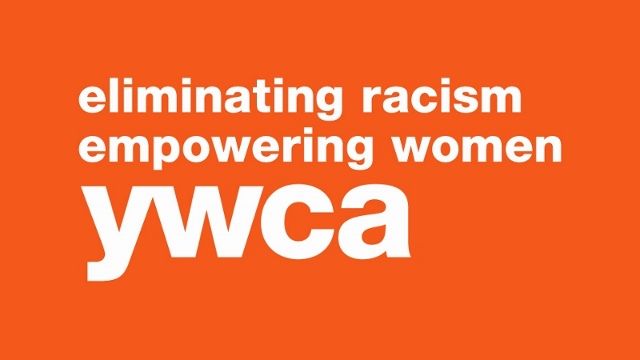Teen Dating Violence Awareness and Prevention Month
Stephanie Rodriguez, LCSW, DVS, DELTA Impact Project Supervisor & Domestic Violence Therapist
February 2020
Every February across the United States, teens and those who support them join together for a national effort to raise awareness for teen dating violence. Teen dating violence (which may also be referred to as teen dating abuse) means physical, sexual, verbal, emotional, or technological conduct by a person to harm, threaten, intimidate, or control that dating partner, regardless of whether that relationship is current or has concluded. Abuse may include insults, coercion, social sabotage, sexual harassment, reproductive coercion, threats and/or acts of physical or sexual violence.
Dating violence and sexual assault disproportionately affect teens and young adults. Moreover, hundreds of thousands of young people are experiencing dating violence, sexual assault, and stalking every year. Additionally, the burden of teen dating violence is not shared equally across all groups. Sexual minority groups and some racial/ethnic groups are excessively affected by all forms of violence.
How do we continue to support Teen Dating Violence Awareness?
First, this means we must continue empowering and educating our Delawarean youth. During the pre-teen and teen years, it is critical for youth to begin to learn the skills needed—such as effectively managing feelings and using healthy communication— to create and foster healthy relationships. Every person deserves a safe and healthy relationship, no matter how young/old they are or who they love.
Second, this means we must continue to educate our(adult)selves! Yes, I said it, we (adults) are not the all-knowing. We must not fall into the rabbit hole of absolute thinking and assume that our youth are transfixed only by uncontrollable impulses, constant “bad” behavior, and that their emotions can only be considered as “immature.” Rather, to be successful in our prevention work and education with young people, we must understand a particular condition of youth: that young people are often disrespected, and unheard simply because they are young. Consider how the following comments are essentially disrespectful. What are the assumptions behind each of them? Do you remember having heard any of these as a younger person? Or remember having said them?
- “You’re so smart for fifteen!”
- “When are you going to grow up?”
- “Oh, it’s only puppy love.”
- “What do you know? You haven’t experienced anything!”
- “It’s just a stage, you’ll grow out of it.”
- “Just listen to me, I know what’s best for you.”
Now while some may argue these comments might be appropriate in a different context, they are, unfortunately, most often an example of how we deny youth a right to their own agency, voice, and respect. We cannot expect our youth to be excited and engaged when we show up to discuss serious matters, such as teen dating violence, without first having addressed some of our own values and beliefs. Particularly, on youths’ rights and how we perceive their intimate relationships. We simply cannot effectively represent or advocate for a population we don’t fully listen to or respect.
Adolescents must lead this work! However, we have the critical role to help create safe spaces so they can feel free to use their powerful voices on issues that directly affect them.
Third, we must spread the word on the prevalence of teen dating violence. Falling short in beliefs that teen dating violence is not happening with my child or in my home, school, or community is a very dangerous falsehood. These kinds of beliefs foster silence on vital educational and connective conversations we should be having with our youth (not at). Supporting the development of healthy, respectful, and nonviolent relationships has the potential to reduce the occurrence of teen dating violence and prevent its harmful and long-lasting effects on our youth, their families, and our Delaware communities.
Finally, a few best practices for talking to a teen about dating abuse:
- Be a good listener
- Take them seriously
- Support and validate
- Don’t blame or accuse
- Empower by giving options not orders
“Even if people are still very young, they shouldn’t be prevented from saying what they think.” -Anne Frank




